Home>Articles>How To Remove Coffee Stains From Quartz Countertops
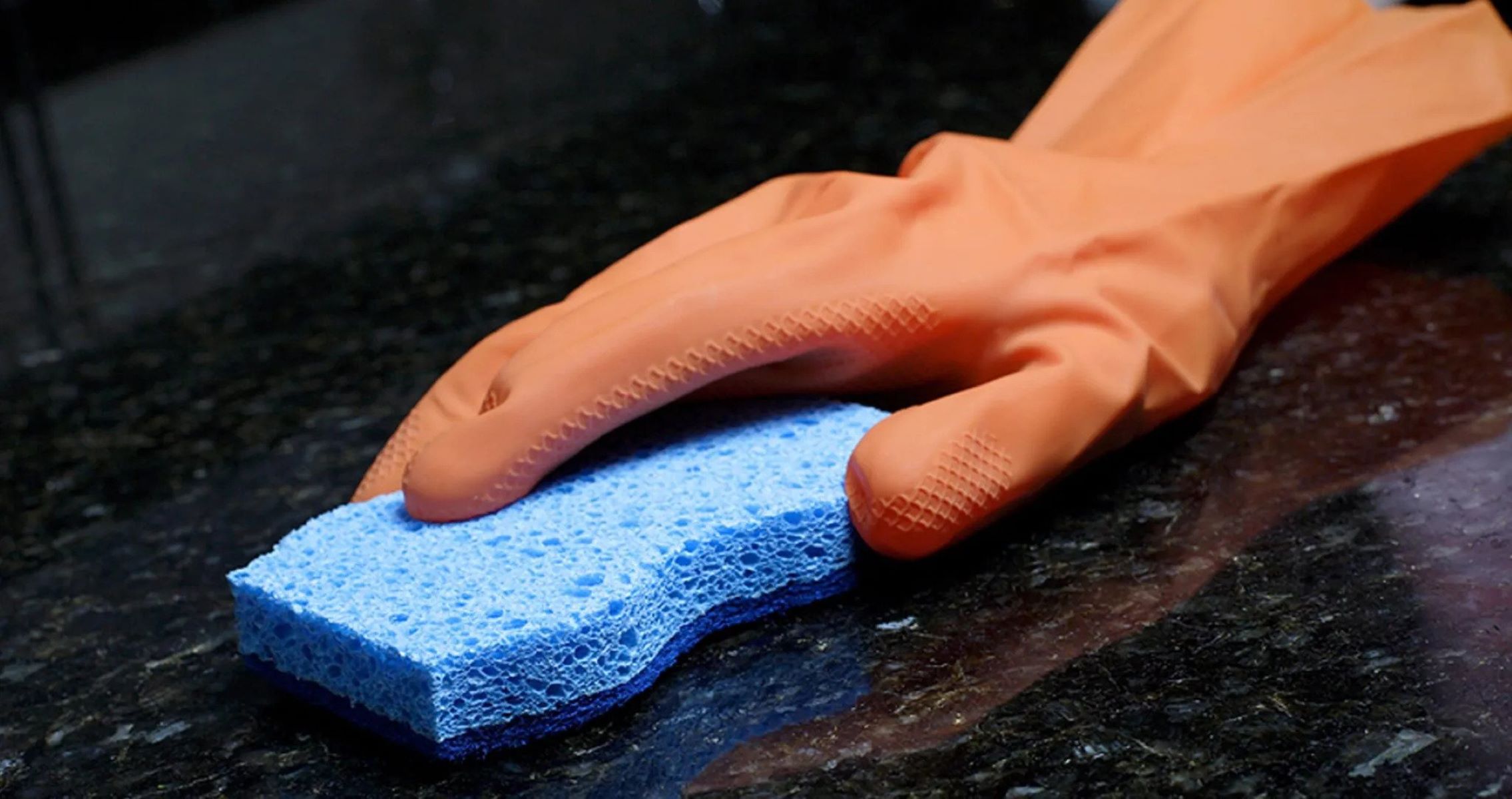

Articles
How To Remove Coffee Stains From Quartz Countertops
Modified: May 6, 2024
Learn effective methods to remove coffee stains from your quartz countertops with these helpful articles.
(Many of the links in this article redirect to a specific reviewed product. Your purchase of these products through affiliate links helps to generate commission for Storables.com, at no extra cost. Learn more)
Introduction
Quartz countertops have become increasingly popular in kitchens and bathrooms due to their durability, aesthetic appeal, and low maintenance. However, like any surface, they are susceptible to stains, particularly from coffee spills. Coffee stains can be stubborn and unsightly, but with the right techniques, they can be effectively removed.
In this article, we will explore common methods for removing coffee stains from quartz countertops, as well as provide tips on preventing stains in the first place. Whether you are a coffee lover who frequently enjoys a cup of joe in the morning or someone who occasionally spills their coffee, this guide will help you restore the pristine look of your quartz countertops.
It is important to note that while quartz countertops are highly resistant to stains, they are not completely stain-proof. Immediate action is crucial when dealing with coffee spills to prevent the liquid from seeping into the porous surface of the quartz. The sooner you address the stain, the easier it will be to remove.
Before trying any of the methods mentioned in this article, it is recommended to test them on a small, inconspicuous area of your quartz countertop to ensure compatibility and prevent any potential damage. Additionally, always follow the manufacturer’s guidelines and recommendations when cleaning your quartz surfaces.
Now that we have set the groundwork, let’s dive into the various methods you can employ to successfully remove coffee stains from your quartz countertops.
Key Takeaways:
- Removing coffee stains from quartz countertops can be achieved using gentle methods like soap and water, baking soda paste, or commercial quartz cleaners. Prevention, such as wiping spills immediately and using coasters, is also crucial for maintaining pristine surfaces.
- While effective methods like hydrogen peroxide and ammonia solution can remove stubborn coffee stains, it’s essential to exercise caution and test on a small area first. Regular maintenance and avoiding abrasive tools are key to preserving the beauty of quartz countertops.
Common Methods for Removing Coffee Stains from Quartz Countertops
When it comes to removing coffee stains from quartz countertops, there are several effective methods you can try. These methods utilize common household ingredients and are relatively easy to implement. Let’s explore some of the most commonly recommended techniques:
- Soap and Water: This is the simplest and gentlest method for treating coffee stains on quartz countertops. Start by mixing a few drops of mild dish soap with warm water. Dampen a soft cloth or sponge in the soapy water and gently dab the stained area, working in circular motions. Rinse the cloth or sponge and wipe away any soap residue. Finally, dry the surface with a clean cloth.
- Baking Soda Paste: Baking soda is known for its stain-removing properties and can be effective in lifting coffee stains from quartz countertops. To create a baking soda paste, mix equal parts baking soda and water until it forms a thick consistency. Apply the paste to the stain and let it sit for about 15 minutes. Gently scrub the area with a soft cloth or sponge, then rinse with water and dry with a clean cloth.
- Hydrogen Peroxide: Hydrogen peroxide is a powerful stain remover that can be used on quartz countertops. However, it is important to use caution when handling it, as it can potentially bleach or discolor certain types of quartz. To use hydrogen peroxide, pour a small amount directly onto the stain and let it sit for a few minutes. Gently scrub the area with a soft cloth or sponge and rinse with water. Dry the surface thoroughly.
- Ammonia Solution: Ammonia can be effective in treating stubborn coffee stains on quartz countertops. Be sure to use clear, non-sudsy ammonia. Mix one part ammonia with four parts water and apply the solution to the stain. Let it sit for a few minutes, then gently scrub the area with a soft cloth or sponge. Rinse with water and dry thoroughly.
- Commercial Quartz Cleaner: There are numerous commercial quartz cleaners available on the market specifically designed for removing stains from quartz surfaces. These cleaners generally come in spray or liquid form and can be effective in tackling coffee stains. Follow the instructions provided by the manufacturer for the best results.
While these methods are effective for removing coffee stains from quartz countertops, it is important to remember that prevention is always the best strategy. Let’s explore some tips on how to prevent coffee stains on your quartz surfaces.
Method 1: Soap and Water
Soap and water is one of the simplest and gentlest methods for removing coffee stains from quartz countertops. This method is especially useful for fresh or minor stains. Here’s how you can effectively use soap and water to tackle coffee stains:
- Start by mixing a few drops of mild dish soap with warm water. It is important to use a mild soap that does not contain harsh chemicals or abrasives that could potentially damage the quartz surface.
- Dampen a soft cloth or sponge in the soapy water mixture. Make sure the cloth or sponge is not dripping wet, as excessive moisture can seep into the pores of the quartz.
- Gently dab the stained area with the damp cloth or sponge, working in circular motions. Avoid applying excessive pressure, as it may cause scratches or damage to the countertop surface.
- Rinse the cloth or sponge thoroughly and wipe away any soap residue from the countertop.
- Finally, dry the quartz surface with a clean, dry cloth to prevent water spots or streaks.
If the coffee stain is particularly stubborn, you can repeat the process multiple times until the stain is fully removed. However, it is important to avoid using abrasive sponges or scrub brushes, as they can scratch the quartz surface.
Using soap and water is a safe and effective method for regular cleaning of quartz countertops, as it helps maintain the surface’s integrity and shine. However, for more stubborn or set-in coffee stains, you may need to employ additional methods. Let’s explore another popular technique: baking soda paste.
Method 2: Baking Soda Paste
Baking soda is a natural and effective cleaning agent that can be used to remove coffee stains from quartz countertops. This method is especially helpful for stains that have dried or become more stubborn over time. Here’s how you can create and use a baking soda paste:
- Mix equal parts baking soda and water in a small bowl to create a thick paste. The paste should have a consistency that is easy to spread but not too runny.
- Apply the baking soda paste directly onto the coffee stain, covering it completely. Use a soft cloth or sponge to gently spread the paste over the stained area.
- Allow the baking soda paste to sit on the stain for about 15 minutes. This will give the baking soda enough time to penetrate the stain and break it down.
- Gently scrub the stained area using a soft cloth or sponge in circular motions. Apply mild pressure as needed, but be cautious not to scratch the quartz surface.
- Rinse the countertop with water to remove the baking soda residue. Make sure to thoroughly rinse the area to prevent any remaining baking soda from leaving white marks on the surface.
- Dry the quartz countertop using a clean, dry cloth to ensure a streak-free finish.
If the coffee stain persists, you can repeat the process or try combining the baking soda paste with a small amount of mild dish soap for added cleaning power. However, always test the mixture on a small, inconspicuous area of the countertop first to avoid any potential damage.
Baking soda is a mild abrasive that helps lift stains from the surface of the quartz without causing any harm. It is also a gentle option that is safe to use regularly to maintain the cleanliness and shine of your quartz countertops.
Next, let’s explore another method involving hydrogen peroxide that is effective for stubborn coffee stains on quartz surfaces.
Method 3: Hydrogen Peroxide
Hydrogen peroxide is an effective stain remover that can be used to tackle stubborn coffee stains on quartz countertops. However, it is important to exercise caution when using hydrogen peroxide, as it can potentially bleach or discolor certain types of quartz. Follow these steps to safely use hydrogen peroxide:
- Pour a small amount of hydrogen peroxide directly onto the coffee stain. Use enough to cover the stained area without creating excess moisture.
- Allow the hydrogen peroxide to sit on the stain for a few minutes to penetrate and break down the coffee residue.
- Gently scrub the stained area using a soft cloth or sponge. Work in circular motions, applying light pressure to avoid scratching the quartz surface.
- Rinse the countertop thoroughly with water to remove any remaining hydrogen peroxide. Ensure that no residue is left behind.
- Dry the quartz countertop with a clean, dry cloth to prevent water spots or streaks from forming.
If the coffee stain is particularly stubborn, you can repeat the process multiple times until the stain is fully removed. However, always be mindful of the potential impacts of hydrogen peroxide on your specific quartz countertop. It is highly recommended to test the hydrogen peroxide on a small, inconspicuous area first to ensure compatibility and prevent any undesired effects.
Keep in mind that hydrogen peroxide has bleaching properties and may lighten or discolor certain types of quartz. If your quartz countertop has a specific color or pattern, it is best to consult the manufacturer or a professional for guidance on the use of hydrogen peroxide.
Now that we have explored three different methods for removing coffee stains from quartz countertops, let’s move on to another technique: using an ammonia solution.
Mix baking soda with water to form a paste. Apply the paste to the coffee stain on the quartz countertop and let it sit for 10-15 minutes. Gently scrub the area with a soft cloth or sponge, then rinse with water. Repeat if necessary.
Read more: How To Remove Paint From Quartz Countertops
Method 4: Ammonia Solution
An ammonia solution can be an effective method for removing stubborn coffee stains from quartz countertops. However, it is important to use caution when working with ammonia, as it can be a strong and harsh chemical. Follow these steps to safely use an ammonia solution:
- Make an ammonia solution by mixing one part clear, non-sudsy ammonia with four parts water. Do not use excessive amounts of ammonia, as it can damage the quartz surface.
- Apply the ammonia solution directly onto the coffee stain, making sure to cover the stained area completely.
- Allow the solution to sit on the stain for a few minutes to penetrate the residue.
- Gently scrub the stained area using a soft cloth or sponge. Work in circular motions, applying light pressure to avoid scratching the quartz surface.
- Rinse the countertop thoroughly with water to remove any remaining ammonia residue.
- Dry the quartz countertop with a clean, dry cloth to prevent water spots or streaks.
Remember to always follow the manufacturer’s recommendations for using ammonia on your specific quartz countertop. Different types of quartz may have different sensitivities to ammonia, so it is important to exercise caution and test the solution on a small, inconspicuous area first.
It is generally recommended to use ammonia sparingly and as a last resort for stubborn stains, as it can be a harsh chemical. If the coffee stain persists after using the ammonia solution, it may be time to consult a professional or consider other stain removal methods.
Now that we have covered four different methods for removing coffee stains from quartz countertops, let’s move on to the final method: using a commercial quartz cleaner.
Method 5: Commercial Quartz Cleaner
Using a commercial quartz cleaner is another effective method for removing coffee stains from quartz countertops. These cleaners are specifically formulated to tackle stains and maintain the beauty of quartz surfaces. Follow these steps to effectively use a commercial quartz cleaner:
- Read and follow the instructions provided by the manufacturer on the packaging of the commercial quartz cleaner.
- Spray or apply the cleaner directly onto the coffee stain, ensuring full coverage of the stained area.
- Let the cleaner sit on the stain for the recommended amount of time indicated in the instructions.
- Gently scrub the stained area using a soft cloth or sponge. Follow the manufacturer’s recommendations for the best cleaning technique.
- Rinse the countertop thoroughly with water to remove any residue from the cleaner.
- Dry the quartz countertop with a clean, dry cloth to prevent water spots or streaks.
Commercial quartz cleaners are often effective in removing tough stains and restoring the original shine of quartz countertops. However, it is important to note that the effectiveness of these cleaners may vary depending on the brand and the specific type of coffee stain.
Always ensure that the commercial quartz cleaner you are using is compatible with your quartz countertop. Some cleaners may contain chemicals or abrasive ingredients that can potentially damage or dull the surface of the quartz. It is recommended to test the cleaner on a small, inconspicuous area of the countertop before applying it to the coffee stain.
If the coffee stain remains after using a commercial quartz cleaner, it may be necessary to consult a professional for further assistance or explore other stain removal methods.
Now that we have explored various methods for removing coffee stains from quartz countertops, let’s discuss some preventive measures to help minimize the occurrence of stains in the first place.
Preventing Coffee Stains on Quartz Countertops
While removing coffee stains from quartz countertops is possible, it is always preferable to avoid stains in the first place. Here are some preventive measures you can take to minimize the occurrence of coffee stains on your quartz surfaces:
- Wipe up spills immediately: Accidents happen, but it is essential to clean up any coffee spills as soon as they occur. Use a clean cloth or paper towel to blot the spill and prevent it from seeping into the porous surface of the quartz.
- Use coasters and mats: Place coasters or mats under your cups and mugs to catch any potential drips or spills. These protective barriers can help prevent coffee from coming into direct contact with the quartz countertop.
- Avoid placing hot cups directly on the countertop: Hot cups or mugs can leave heat rings or marks on the quartz surface. Use coasters or trivets to protect your countertop from heat damage.
- Avoid abrasive cleaning tools: Scrub brushes or abrasive sponges can scratch the surface of quartz countertops, making them more susceptible to stains. Stick to using soft cloths or non-abrasive sponges for regular cleaning.
- Be cautious with acidic substances: Coffee is acidic, and prolonged exposure to acidic substances can potentially dull the shine of your quartz countertop. Clean up spills promptly and avoid leaving acidic liquids on the surface for extended periods.
- Regularly clean and maintain the countertop: Proper cleaning and maintenance will help prevent the buildup of dirt and stains on your quartz countertop. Follow the manufacturer’s guidelines for cleaning and use recommended quartz-safe products.
By implementing these preventive measures, you can greatly reduce the likelihood of coffee stains on your quartz countertops. Remember, prompt action and regular maintenance are key to keeping your quartz surfaces looking beautiful and stain-free.
To conclude, removing coffee stains from quartz countertops can be achieved using various methods such as soap and water, baking soda paste, hydrogen peroxide, ammonia solution, or a commercial quartz cleaner. However, prevention is always the best strategy. By adopting good habits and taking proactive steps to protect your quartz surfaces, you can enjoy a coffee stain-free and pristine countertop for years to come.
Conclusion
Coffee stains can be a common and frustrating occurrence on quartz countertops. However, with the right methods and preventive measures, you can effectively remove these stains and maintain the beauty of your countertop. In this article, we explored various methods for removing coffee stains, such as using soap and water, creating a baking soda paste, employing hydrogen peroxide, utilizing an ammonia solution, or using a commercial quartz cleaner.
Each method has its pros and cons, and it is important to consider the specific type of stain and your quartz countertop’s characteristics before choosing a method. When using any of these methods, be sure to follow the instructions carefully, test them on a small area first, and avoid using abrasive tools that can scratch the surface.
In addition to stain removal, we discussed preventive measures to minimize the occurrence of coffee stains. Wiping up spills immediately, using coasters and mats, avoiding hot cups directly on the countertop, avoiding abrasive cleaning tools, being cautious with acidic substances, and regular cleaning and maintenance are all effective ways to keep your quartz countertop looking its best.
Remember that prevention is always better than cleaning up a stain, so take steps to protect your quartz surfaces and address spills promptly. By implementing these techniques and maintaining a proper care routine, you can enjoy a beautiful and stain-free quartz countertop for years to come.
Always consult the manufacturer’s guidelines and recommendations for your specific quartz countertop and do proper research before using any cleaning methods or products. If you are unsure or dealing with stubborn stains, it is advisable to seek professional advice to avoid any potential damage to your quartz surface.
With careful attention and a little effort, you can keep your quartz countertops looking pristine and enjoy your favorite cup of coffee without the worry of unsightly stains.
Now that you've tackled those pesky coffee stains on quartz countertops, why stop there? Keeping your fridge spotless is just as essential, and we've got straightforward cleaning tips to help. Also, if you're struggling with unsightly stains on your toilet seat, our guide on stain removal methods will prove handy. Keep your home looking its best with these practical solutions.
Frequently Asked Questions about How To Remove Coffee Stains From Quartz Countertops
Was this page helpful?
At Storables.com, we guarantee accurate and reliable information. Our content, validated by Expert Board Contributors, is crafted following stringent Editorial Policies. We're committed to providing you with well-researched, expert-backed insights for all your informational needs.
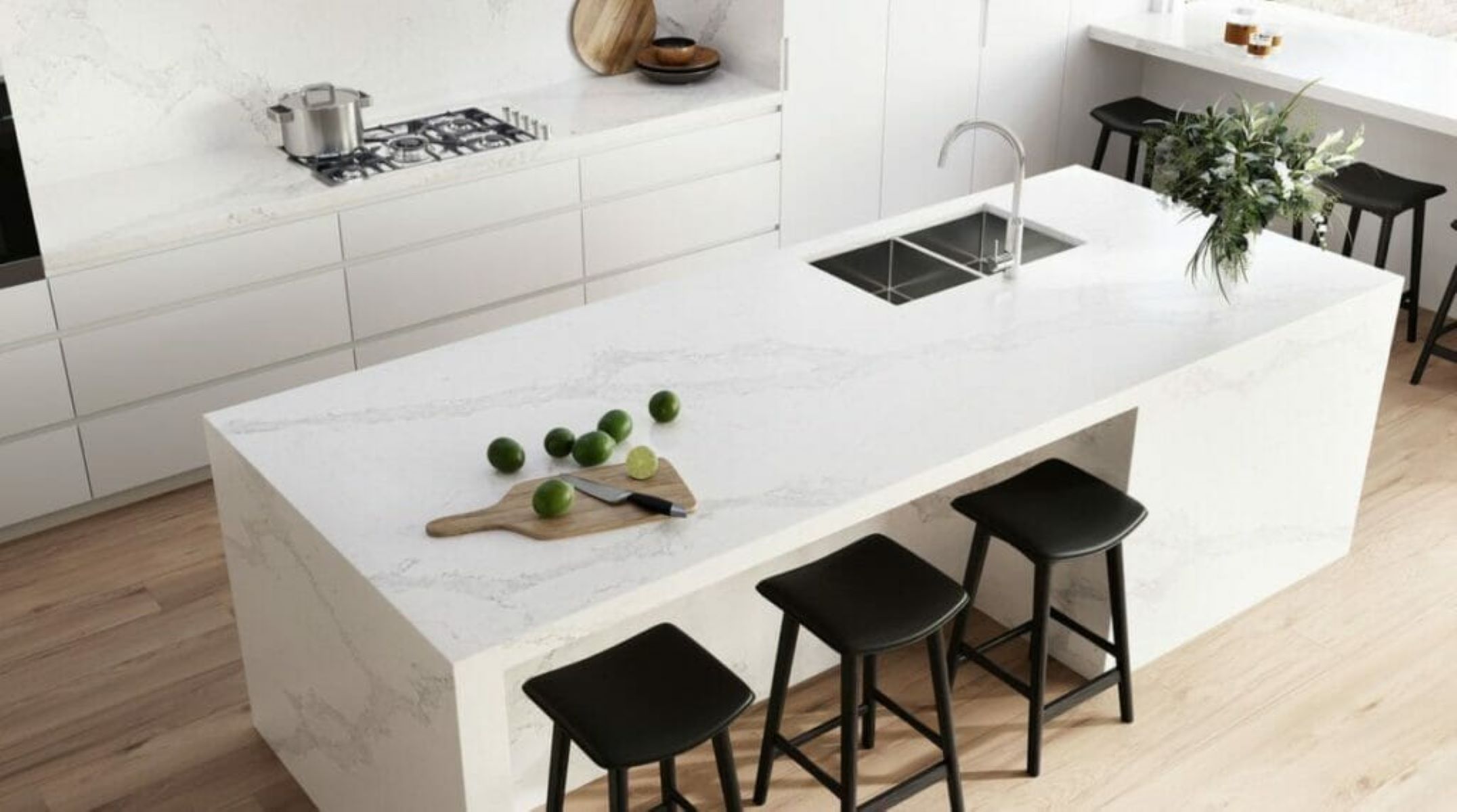
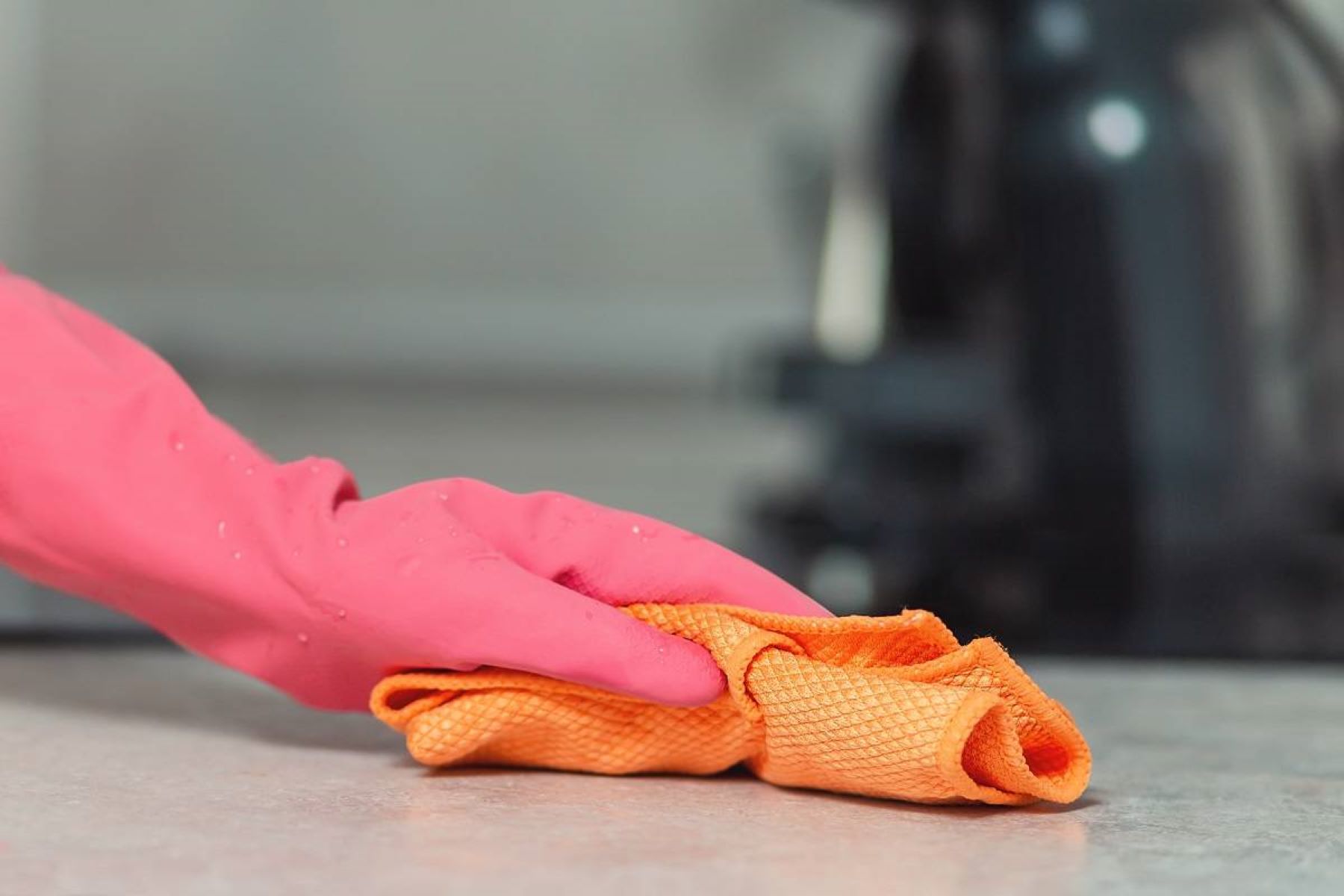

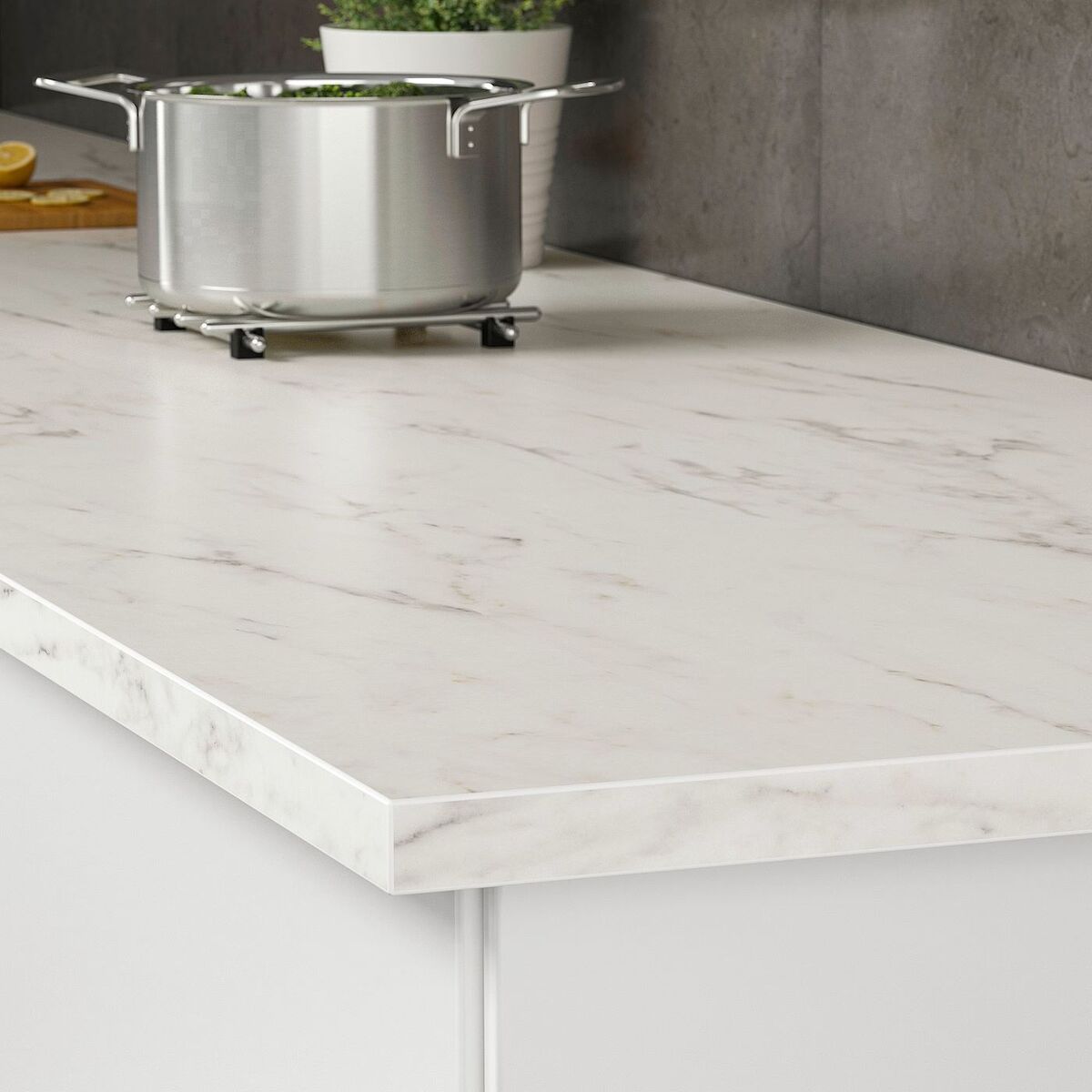

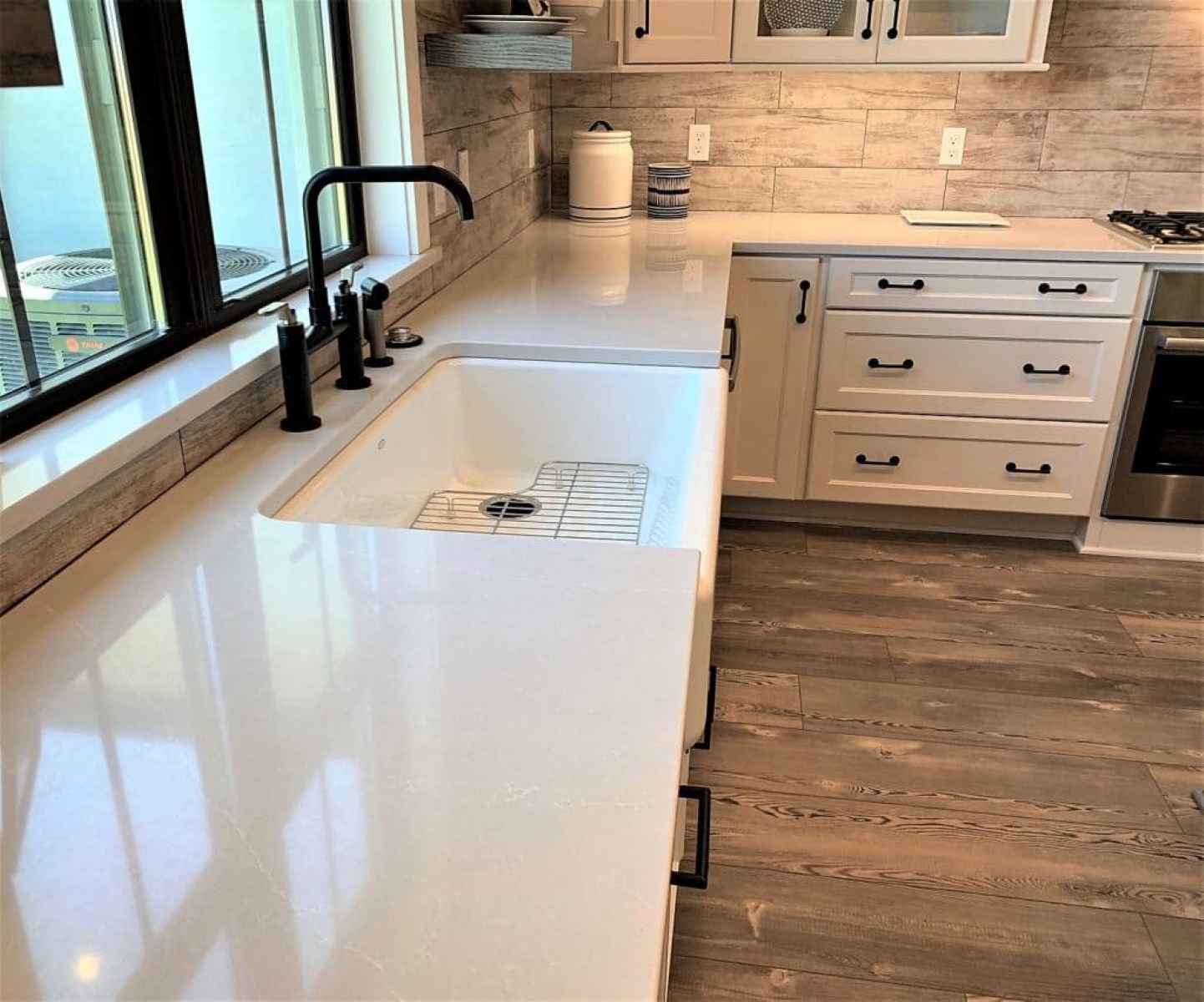
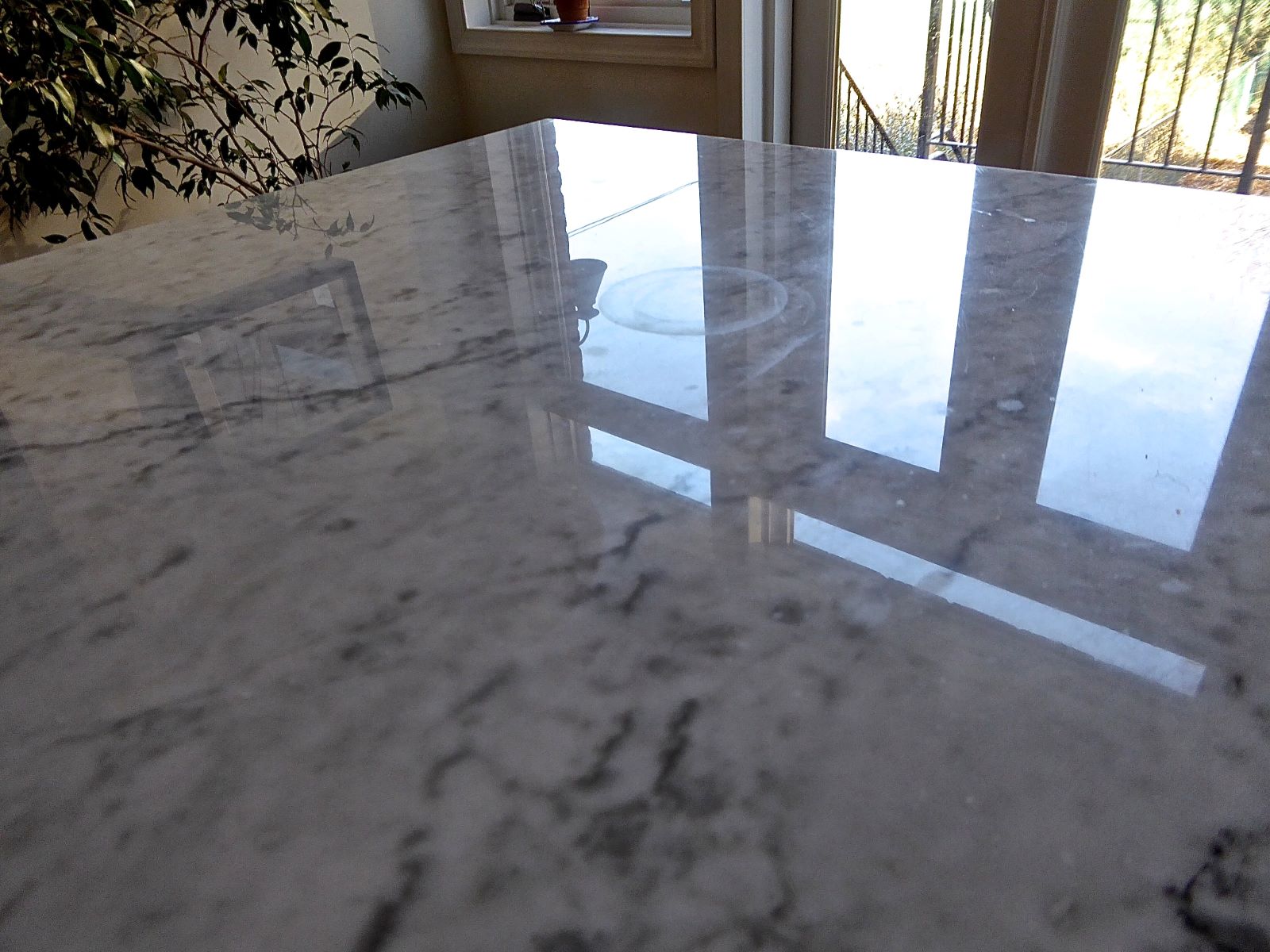

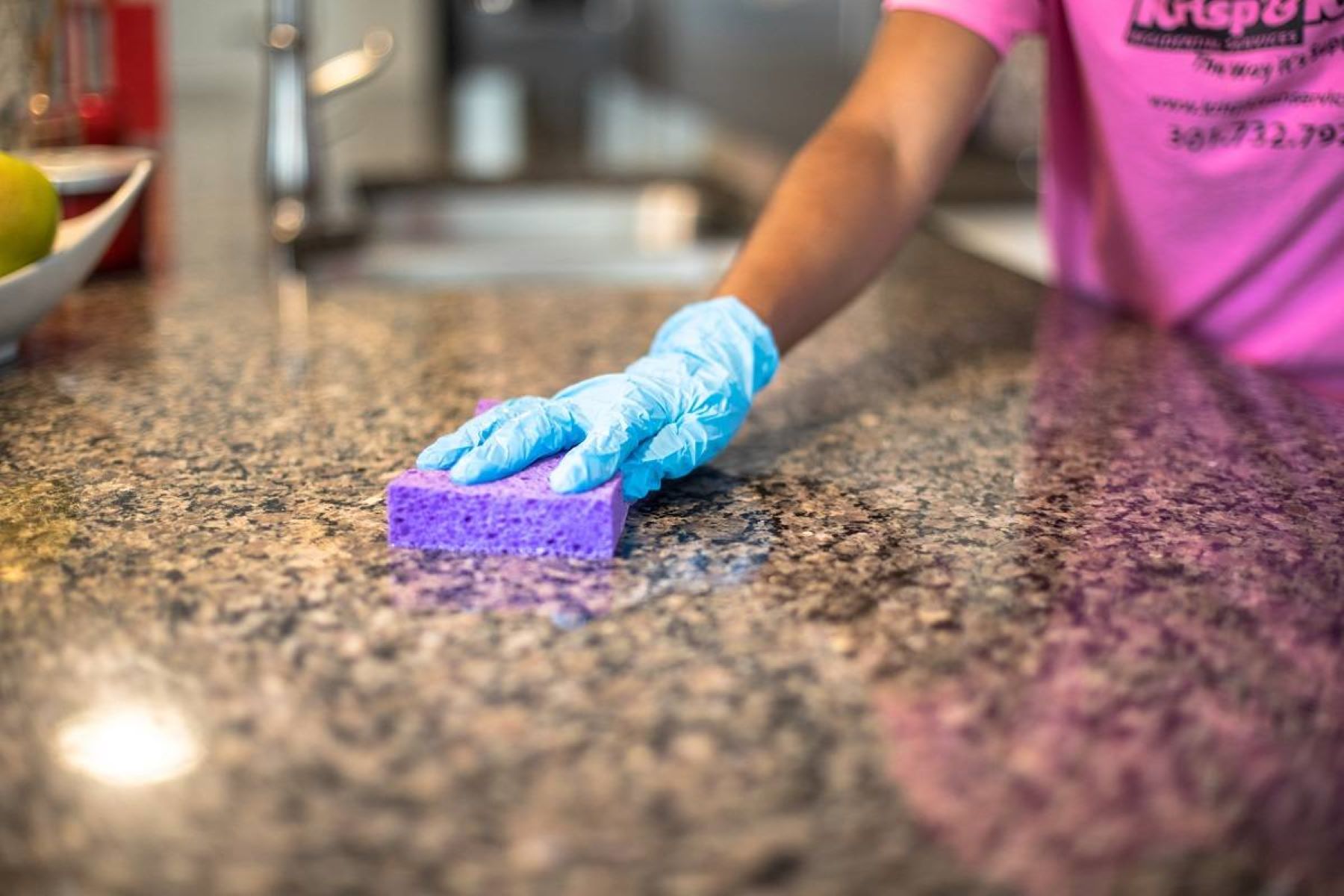
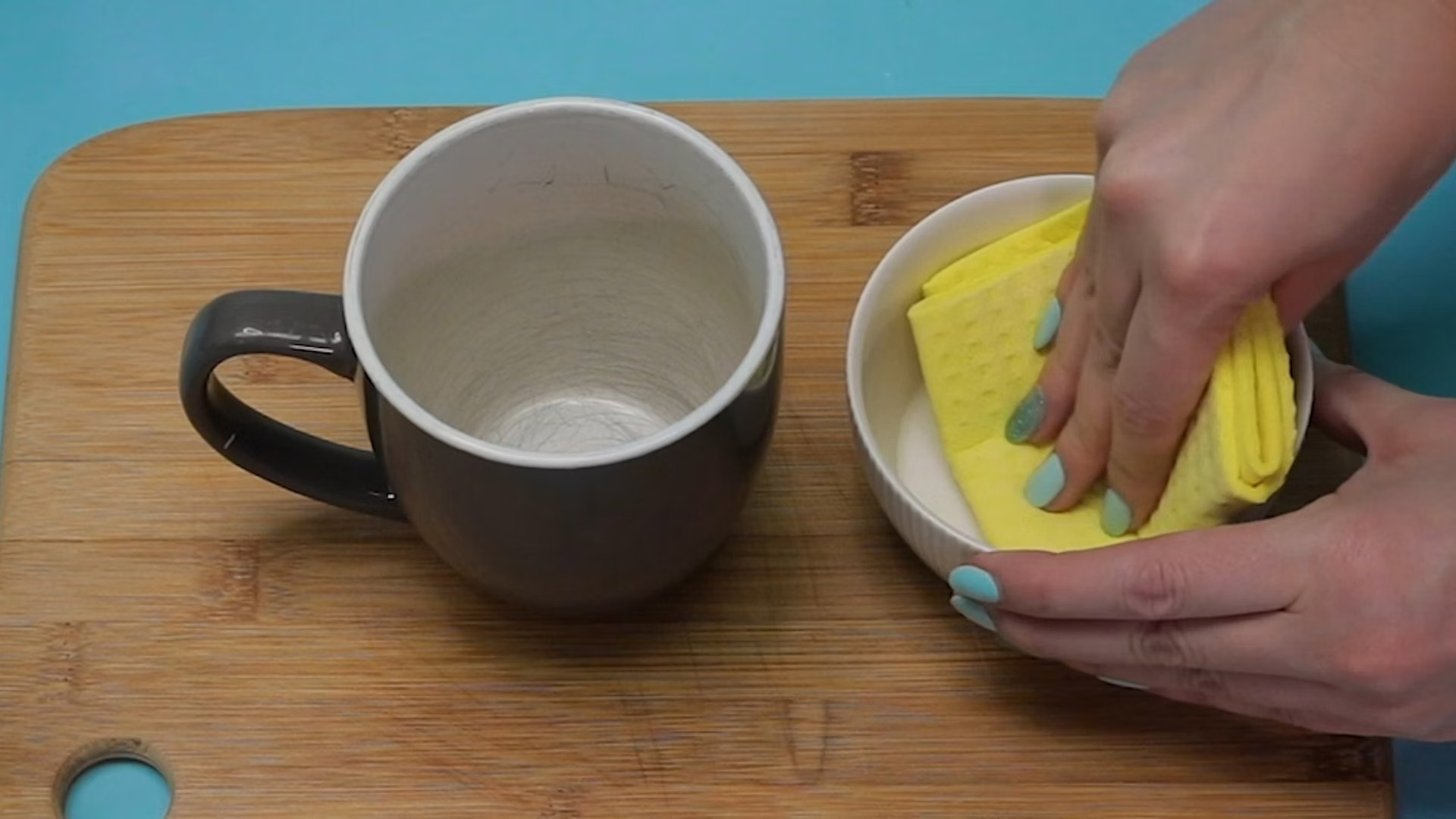


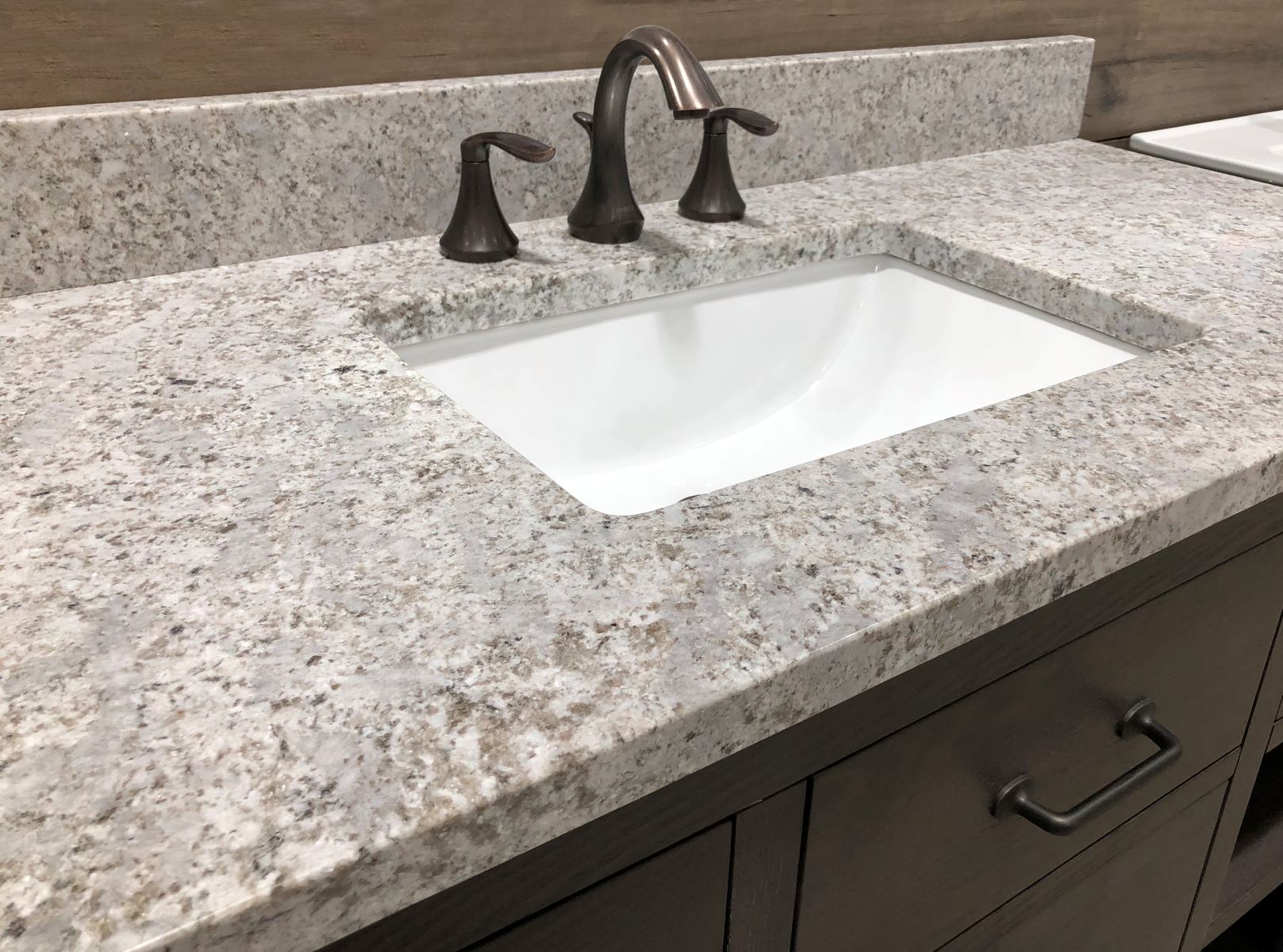
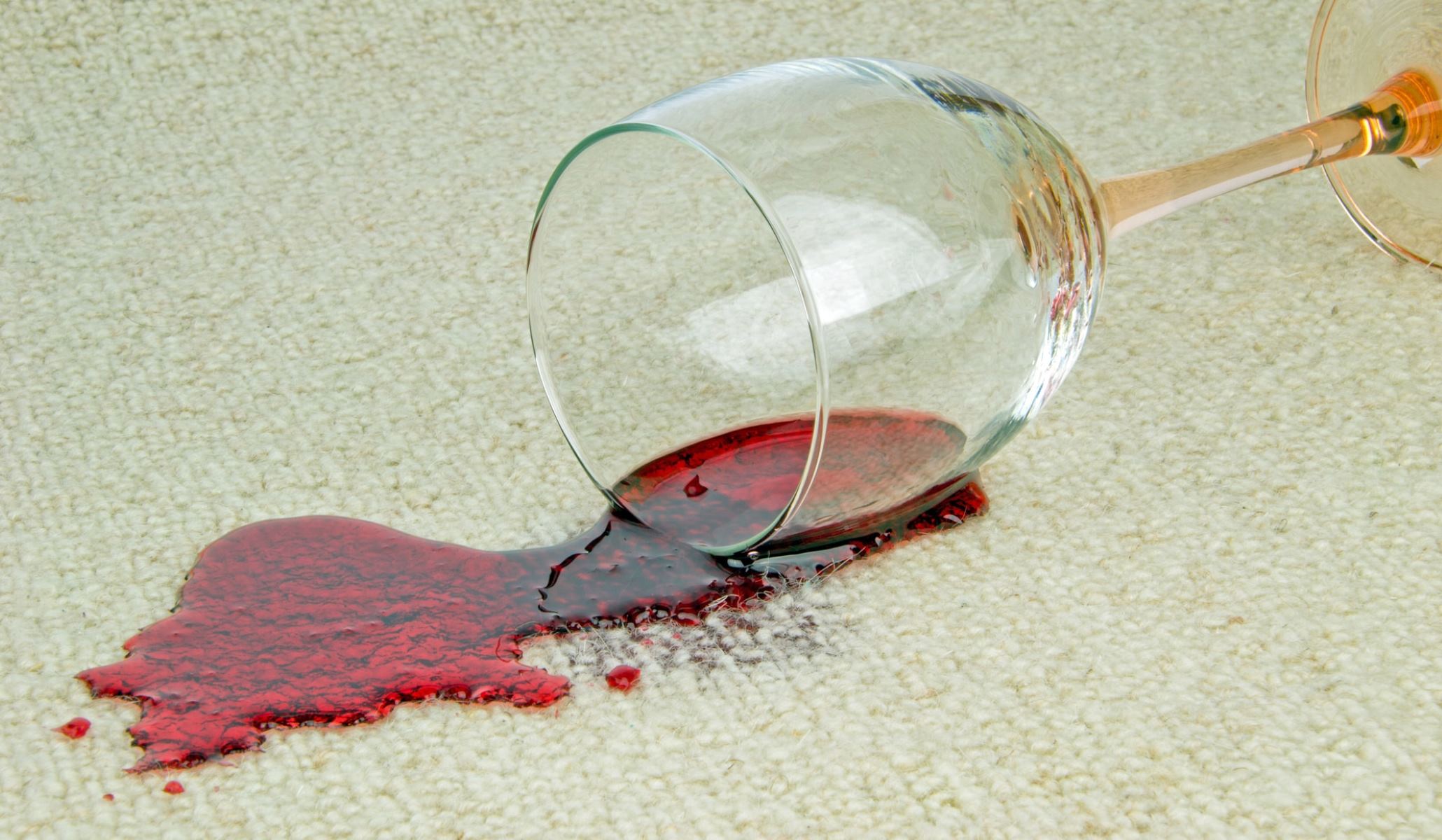

0 thoughts on “How To Remove Coffee Stains From Quartz Countertops”